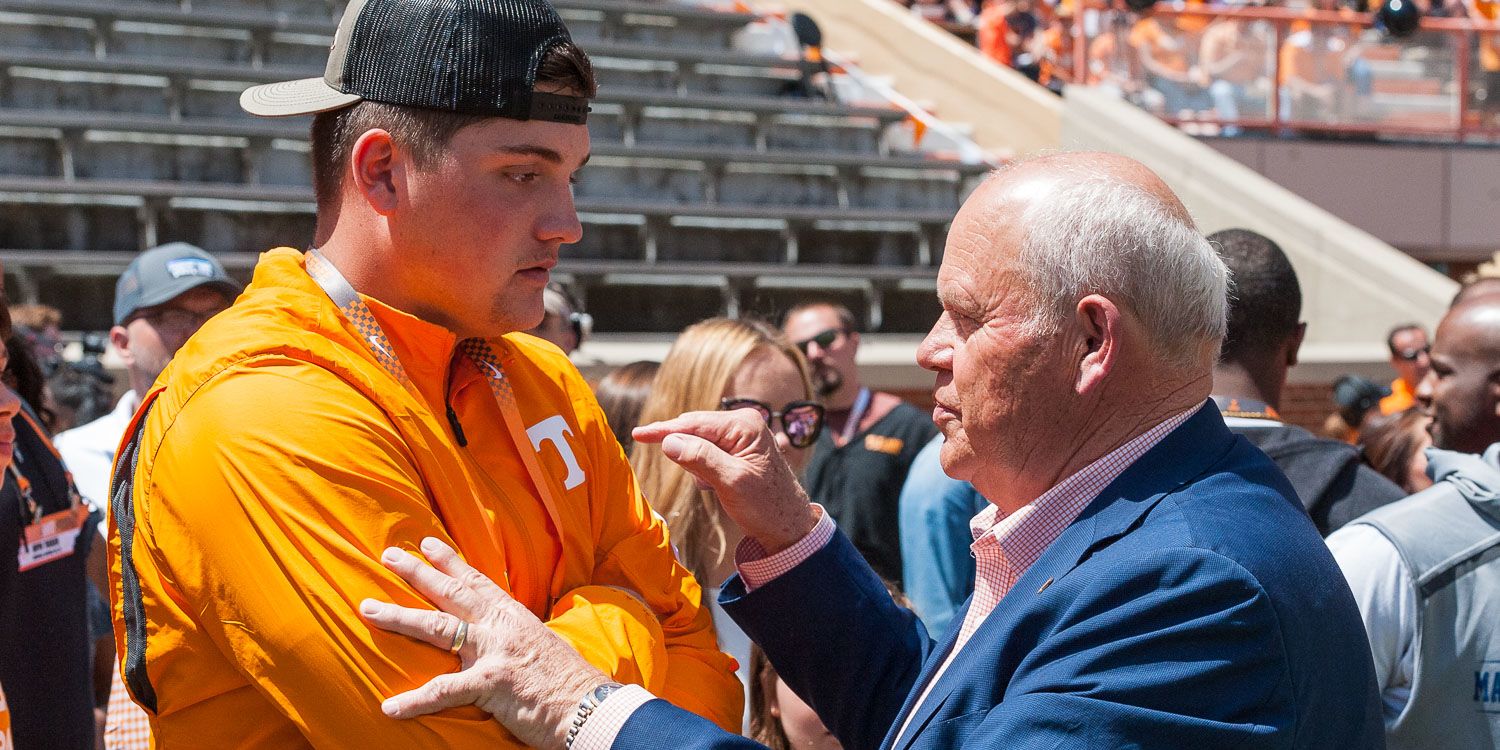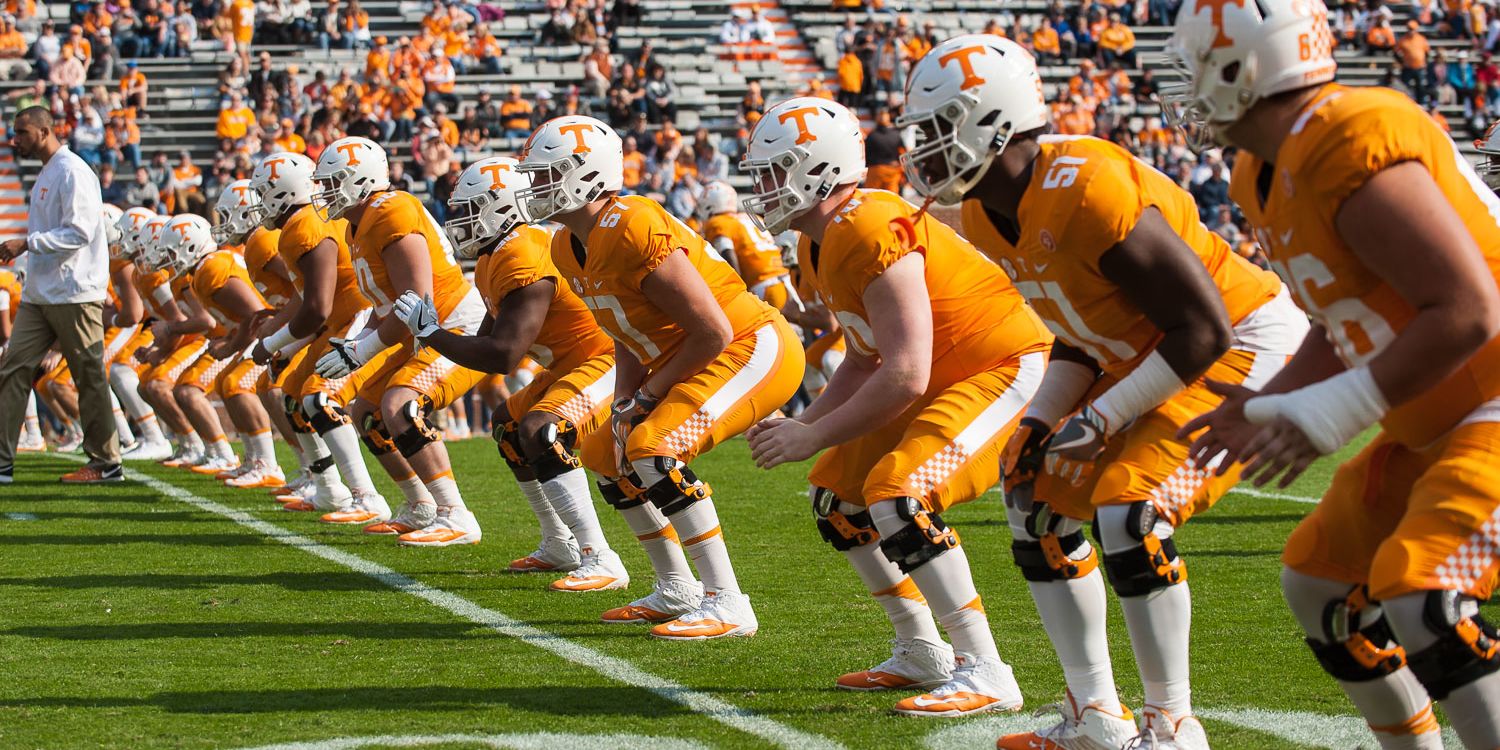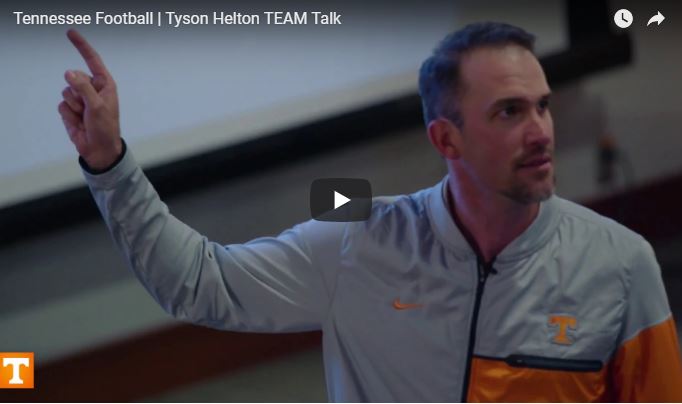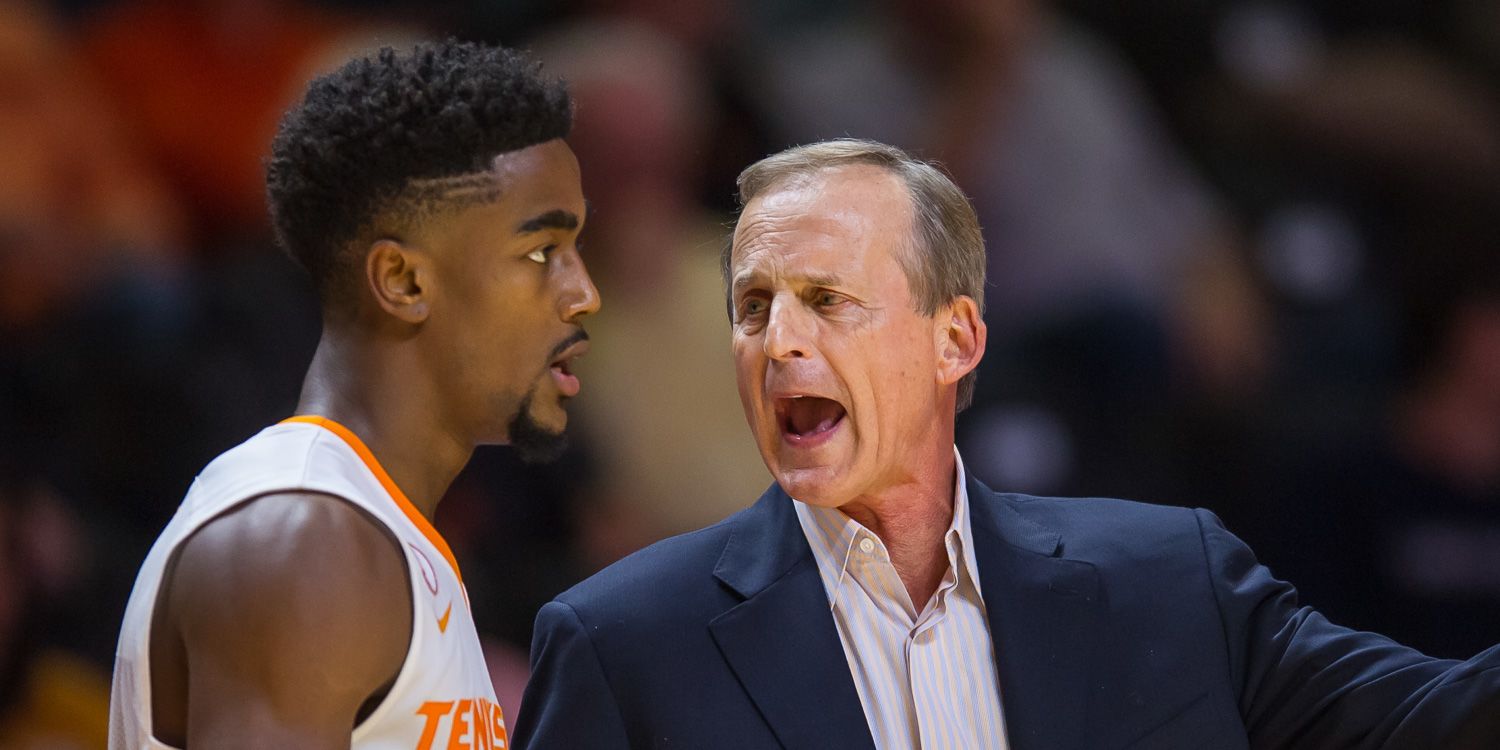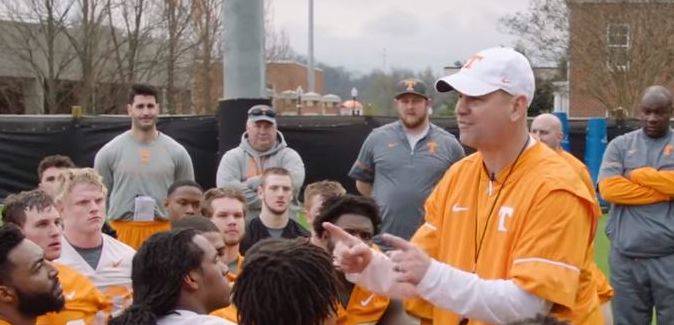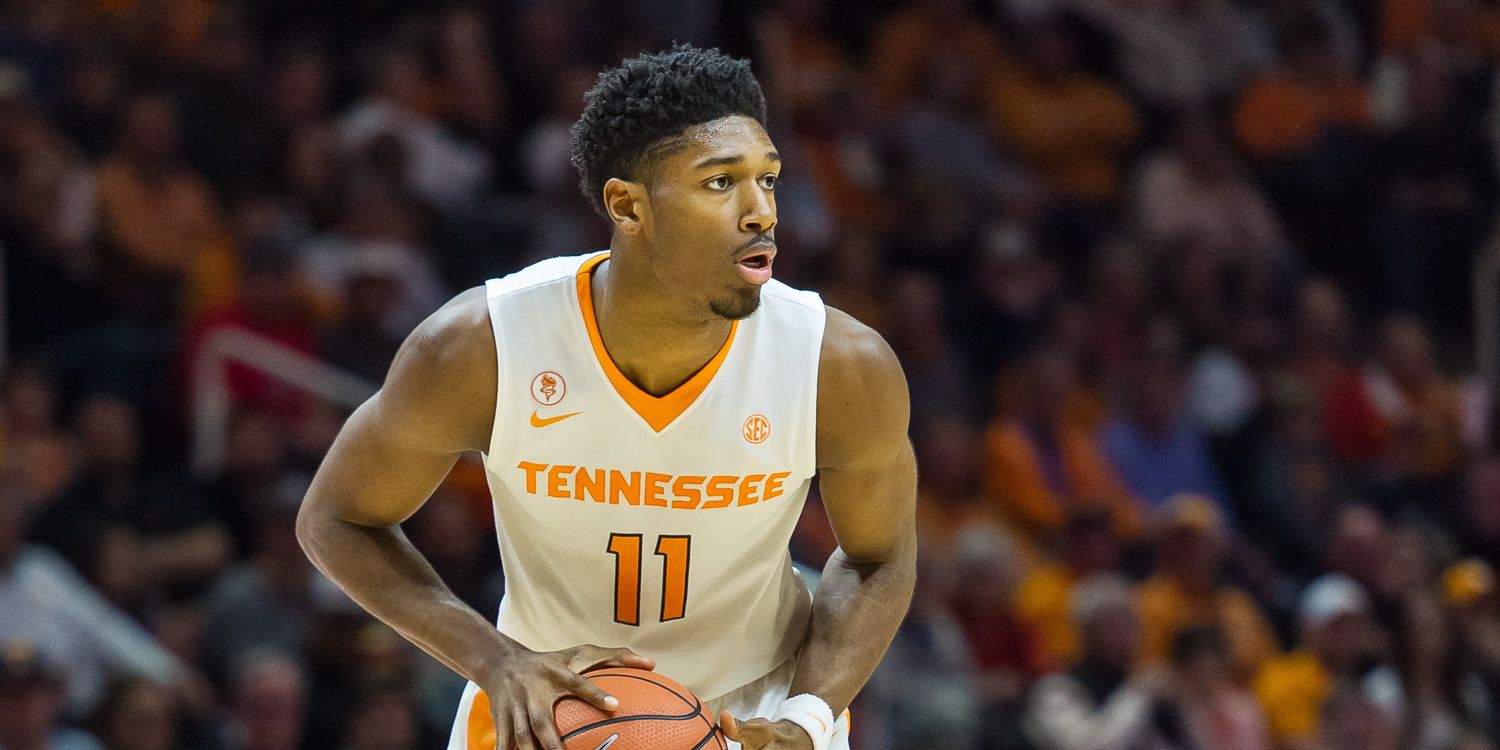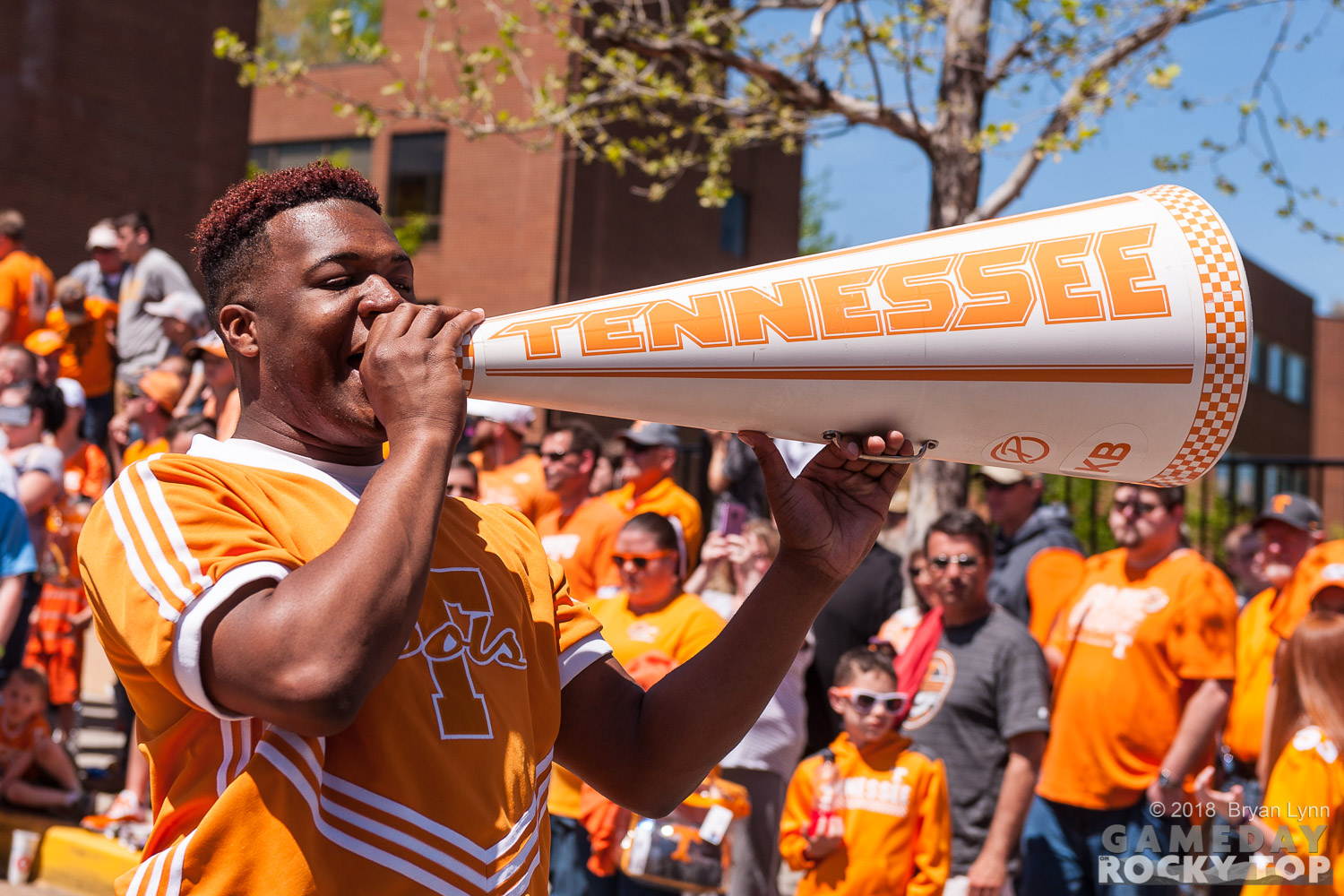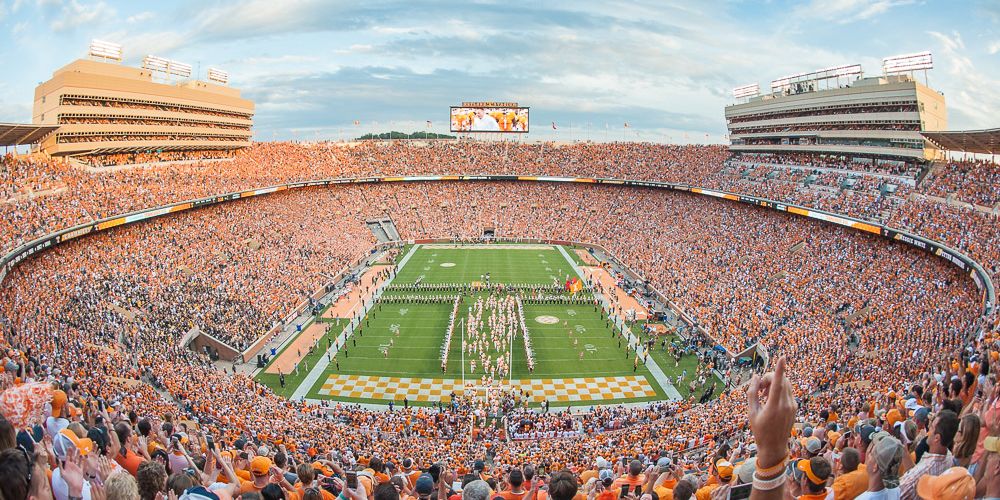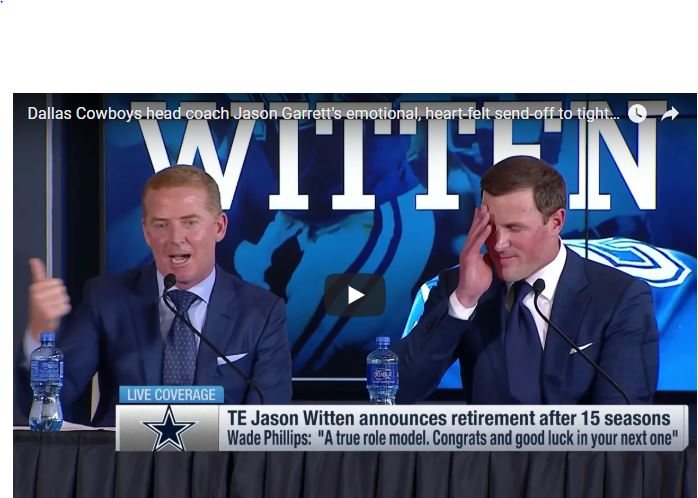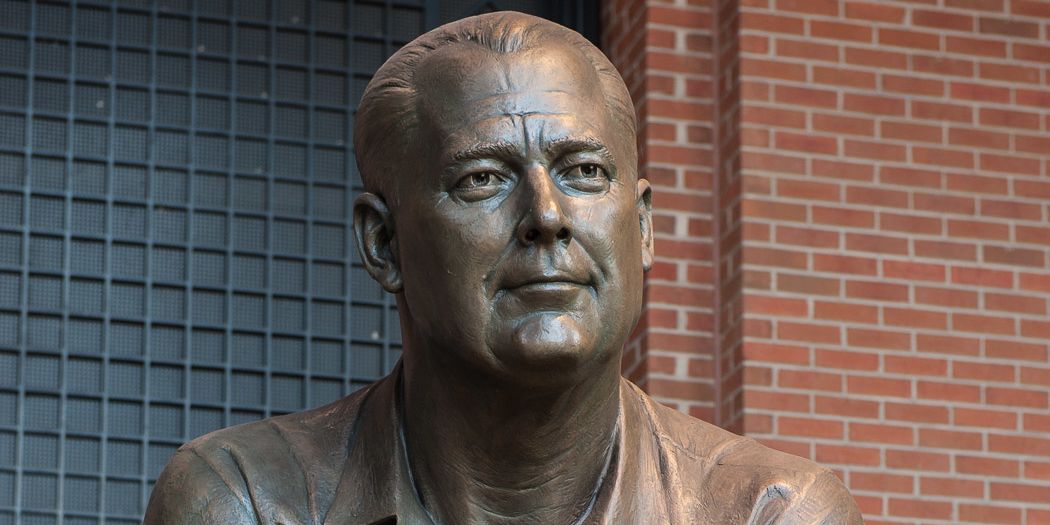Two 10-year-olds – Bubba and Goober – are shooting hoops. Bubba beats Goober, and both want to stay outside to practice to be ready for another game tomorrow. But the kids’ dad, Mr. Mayberry, intervenes. Bubba, as a reward for winning, can stay outside to practice, but Goober has to go to the house.
Goober wants to get better, so he’s out there practicing every single second that Bubba is, except that he is required to sit out Bubba’s extra post-win practices. Bubba gets more. Bubba gets better, Goober goes home.
The college football postseason practice rules
Weird, but true. This is how Mr. Mayberry operates the college football postseason.
The NCAA rules, as you’d expect, are pretty detailed when it comes to practice time for student-athletes. The rules allow bowl teams to continue practicing until their last game, and although the NCAA is currently stressed from multiple angles due to having to defend its non-profit status while many individuals, institutions, and companies make countless millions at the expense of the actual talent (whew, pardon that unexpected mini-rant), it’s not governed by dumb people. You can’t send a team to a bowl game and tell them they can’t practice for it. So yeah, teams get to keep practicing as long as they’re still playing games. That makes sense. Good job, NCAA.
But everybody else has to go home. Wait, what?
How much extra practice time do bowl teams get? You’ll often hear that they get 15 extra practice sessions, but the rules are actually more nuanced than that. Bowl teams are allowed to practice up to four hours per day or 20 hours per week between the end of the regular season and the bowl game, and so that time period actually dictates how many extra practices they can squeeze in.
Does the extra practice really matter? Yeah, it does. A lot. For one thing, bowl practices are generally not exclusively devoted to preparation for the extra game. Most coaches treat at least a portion of the extra practice time as an extra spring camp. They use the time to develop younger players who haven’t received as much attention due to the demands of the regular season. In essence, teams devote a significant portion of the extra practice to preparing for the following season. The extra developmental time is especially valuable because it comes during a period that student-athletes are between semesters, so they can really focus on what they’re being taught on the field without additional demands and divided attention. Bottom line: It’s not just extra practice time for the current season, it’s a head start on the next.
In contrast, non-bowl teams are prohibited from engaging in the same kind of practice. They don’t have to just sit and stare at the wall, but they are limited to only eight hours per week and the only activities they’re allowed to participate in are weight-lifting, conditioning, and two hours of film study.
Being restricted to eight hours of limited activities while your rivals get advanced preparation for the following season is a major disadvantage for non-bowl teams. They’ve already lost the current season, and now they have to stand at the start line while the same teams that beat them this year sprint out of the gates early for the next race.
Look, this is football, a physically and mentally demanding game that results in winners and losers. Losers don’t become winners by complaining about the rules or the challenges they face; they do whatever they can to overcome those challenges. They don’t get to complain.
But Mr. Mayberry isn’t a participant; he’s the Gamemaker, and it’s his job is to level the playing field to create an equitably competitive environment.
Experience matters (and feeds itself)
It’s a truth that is practically self-evident: experience matters. The more you do something, the more you’re going to improve. It’s why we devote long hours to weight-lifting and film study and nutrition and recruiting and practice and a whole host of other things. It’s why playing in more games, and playing in more high-stakes games, makes a team better. All else being equal, more experienced teams will generally beat less experienced teams.
And barring some catastrophe (See, e.g., Tennessee, Nebraska, Michigan, etc.), more experienced teams enjoy a virtuous feedback loop that continues to extend their seasons (and their extra practice sessions) year after year.
Below is a table of the number of games played over the past five years for each SEC team:
| | | | | | | |
|---|
| 2017 | 2016 | 2015 | 2014 | 2013 | Total | Average |
| Alabama | 14 | 15 | 15 | 14 | 13 | 71 | 14.2 |
| Auburn | 14 | 13 | 13 | 13 | 14 | 67 | 13.4 |
| Georgia | 15 | 13 | 13 | 13 | 13 | 67 | 13.4 |
| Mississippi State | 13 | 13 | 13 | 13 | 13 | 65 | 13 |
| Missouri | 13 | 12 | 12 | 14 | 14 | 65 | 13 |
| Texas A&M | 13 | 13 | 13 | 13 | 13 | 65 | 13 |
| South Carolina | 13 | 13 | 12 | 13 | 13 | 64 | 12.8 |
| Arkansas | 12 | 13 | 13 | 13 | 12 | 63 | 12.6 |
| LSU | 13 | 12 | 12 | 13 | 13 | 63 | 12.6 |
| Ole Miss | 12 | 12 | 13 | 13 | 13 | 63 | 12.6 |
| Tennessee | 12 | 13 | 13 | 13 | 12 | 63 | 12.6 |
| Florida | 11 | 13 | 14 | 12 | 12 | 62 | 12.4 |
| Kentucky | 13 | 13 | 12 | 12 | 12 | 62 | 12.4 |
| Vanderbilt | 12 | 13 | 12 | 12 | 13 | 62 | 12.4 |
The regular season in college football is 12 games. If you’re good enough, you can extend your season to over a month’s worth of 20-hour weeks by qualifying for a bowl game. That would put your season total of games played to 13, 14 if you also played in your conference championship. If you’re especially good, your bowl game is part of the College Football Playoff, and you can extend your season yet one more week and your games played to 14 or even 15 games. Only one or two teams each year hit that magical six-week, 15-games postseason number. About half are stuck at the usual 12-games-in-13-weeks regular-season mold, with the other near-half getting 13 games and somewhere around an extra five weeks of postseason work.
As you can see from the table above, most SEC teams (all but Florida, Kentucky, and Vanderbilt) earned at least one postseason game more often than not over the past five years. Tennessee, Ole Miss, LSU, and Arkansas all got an extra game three out of the last five seasons. South Carolina did it four times. Texas A&M and Mississippi State each earned an extra game every season, but neither of them ever earned more than one. Missouri is a weird case in that it got to the postseason only three of five times, but got two extra games two of those three times.
And then there’s Alabama, Auburn, and Georgia. All of them made the postseason all five years. Georgia earned more than one extra game only once, but it was a six-week, 15-game season. Auburn earned more than one extra game twice, both 14-game seasons.
And Alabama earned at least two extra games four out of the past five years, and they have two six-week, 15-game seasons. Over the past five years, they’ve played four more games than anyone else in the conference, an average of almost one entire game per season. They average 1.6 games more per season than half the league.
Translating that into extra practice time, in 2013 and 2014, Alabama’s season didn’t end until the first week of January, meaning they had nearly five extra weeks of practice time available. A lot of teams got that. But from 2015-17, they also played in the national championship, so they’ve had one additional week of practice each of the past three seasons as well.
So what?
There’s nothing wrong with some teams playing more games than others in any given season. Good teams should advance into postseason play, and the best teams should advance the furthest. And if you’re playing games, you need to practice.
But allowing good teams to practice while also forcing bad teams not to does give good teams an enduring advantage in terms of experience, an advantage that not only allows them to prepare for the remaining games in the current season but also gives them a head start on the next.
College football isn’t Mario Kart, where the worst players get more of the best weapons to make the game more exciting. In competition, there must be a reward for playing well. Good teams shouldn’t be intentionally subjected to additional risk just because they’re good and we want more competitive games. It’s up to the bad teams to make that happen by getting better.
But while the Gamemaker shouldn’t make things more difficult for the best players, they also shouldn’t make things even more difficult for the worst. What rationale justifies a rule requiring bad teams not to get better?
I can think of no good reason to require teams to quit practicing at different times. They should all be allowed to practice from the beginning of the season to the final whistle of the final game played by any team in the FBS. I’d think that’d be something that even Mr. Mayberry could get behind.
